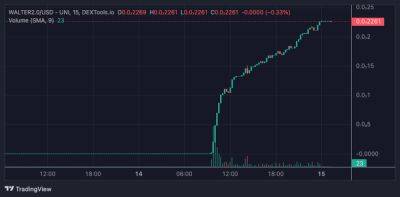Bug bounties can help secure blockchain networks, but have mixed results
Bug bounties are programs organizations offer to incentivize security researchers or ethical or white hat hackers to find and report vulnerabilities in their software, websites or systems. Bug bounties aim to improve overall security by identifying and fixing potential weaknesses before malicious actors can exploit them.
Organizations that implement bug bounty programs typically establish guidelines and rules outlining the scope of the program, eligible targets, and the types of vulnerabilities they are interested in. Depending on the severity and impact of the discovered vulnerability, they may also define the rewards offered for valid bug submissions, ranging from small amounts of money to significant cash prizes.
Security researchers participate in bug bounty programs by searching for vulnerabilities in designated systems or applications. They analyze the software, conduct penetration testing, and employ various techniques to identify potential weaknesses. Once a vulnerability is discovered, it is documented and reported to the organization running the program, usually through a secure reporting channel provided by the bug bounty platform.
Upon receiving a vulnerability report, the organization’s security team verifies and validates the submission. The researcher is rewarded according to the program’s guidelines if the vulnerability is confirmed. The organization then proceeds to fix the reported vulnerability, improving the security of its software or system.
Bug bounties have gained popularity because they provide a mutually beneficial relationship. Organizations benefit from the expertise and diverse perspectives of security researchers who act as an additional layer of defense, helping identify vulnerabilities that
Read more on cointelegraph.com





















